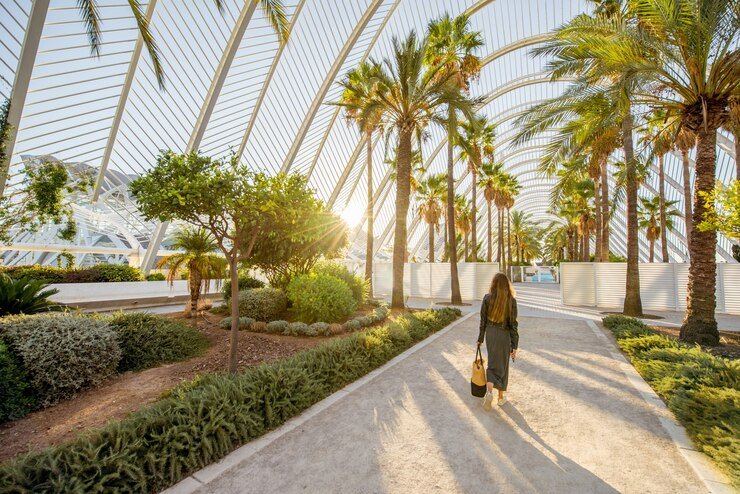Introduction: In the heart of the Arabian Desert, Dubai has forged a green paradise through innovative landscaping practices that embrace the region’s indigenous flora and harness its natural beauty. From verdant parks to lush gardens, Dubai’s landscaping initiatives celebrate the resilience and adaptability of native plants, transforming the cityscape into a vibrant tapestry of greenery and biodiversity. This article delves into the importance of indigenous plants and sustainable landscaping practices in Dubai, highlighting their role in fostering environmental stewardship, promoting biodiversity, and creating sustainable urban environments. For more information check out best landscaping companies in dubai
- Celebrating Desert Adaptation: Dubai’s unique climate and geography have shaped a diverse array of indigenous plant species that have evolved to thrive in arid conditions. From the iconic ghaf tree (Prosopis cineraria) to the hardy desert rose (Adenium obesum), these native plants have adapted to survive in the harsh desert environment, showcasing remarkable resilience and beauty. By incorporating indigenous plants into landscaping projects, Dubai pays homage to its natural heritage while promoting sustainability and water conservation in urban environments.
- Water-Wise Landscaping: Water scarcity is a significant challenge in Dubai, where arid conditions and limited freshwater resources necessitate sustainable landscaping practices. Water-wise landscaping techniques prioritize the use of drought-tolerant plants, efficient irrigation systems, and soil amendments to minimize water consumption and promote soil health. Indigenous plants such as the drought-resistant ghaf tree and the succulent aloe vera are well-suited to Dubai’s climate, requiring minimal irrigation and maintenance while adding aesthetic value to landscaped environments.
- Eco-Friendly Urban Design: Dubai’s commitment to eco-friendly urban design extends beyond plant selection to encompass sustainable landscaping principles that enhance biodiversity and ecological resilience. Green spaces are designed to mimic natural ecosystems, incorporating features such as rain gardens, bioswales, and wetlands to capture and filter stormwater runoff, mitigate urban heat island effects, and promote habitat for native wildlife. By integrating ecological design elements into urban landscapes, Dubai creates sustainable environments that benefit both people and the planet.
- Conservation and Preservation Efforts: Dubai’s landscaping initiatives prioritize the conservation and preservation of indigenous plant species, many of which are integral to the region’s cultural heritage and ecosystem health. Protected areas such as the Dubai Desert Conservation Reserve and the Al Marmoom Desert Conservation Reserve safeguard critical habitats and biodiversity hotspots, preserving native flora and fauna for future generations. Furthermore, public awareness campaigns and educational programs raise awareness about the importance of native plant conservation and the role of landscaping in promoting environmental sustainability.
- Cultural Significance and Aesthetic Appeal: In addition to their ecological benefits, indigenous plants hold cultural significance and aesthetic appeal in Dubai’s landscaped environments. Traditional courtyard gardens, known as “hosh,” feature shaded walkways, aromatic herbs, and ornamental plants that reflect the region’s rich heritage and Islamic design principles. Date palms, emblematic of the desert landscape, symbolize hospitality and abundance, while flowering shrubs such as bougainvillea and oleander add vibrant colors and fragrances to public parks and private gardens.
Conclusion: Dubai’s commitment to cultivating paradise through indigenous plants and sustainable landscaping practices underscores its dedication to environmental stewardship, biodiversity conservation, and quality of life for residents and visitors alike. By embracing the resilience and beauty of native flora, Dubai transforms its urban environment into a green oasis that harmonizes with the natural landscape and enriches the cultural tapestry of the city. As Dubai continues to evolve and grow, its landscaping initiatives serve as a beacon of inspiration for sustainable development and responsible stewardship of the Earth’s resources, fostering a greener and more resilient future for generations to come.



